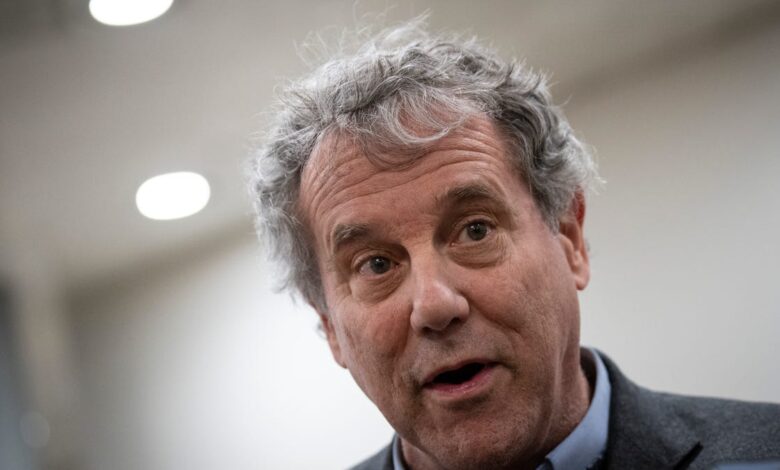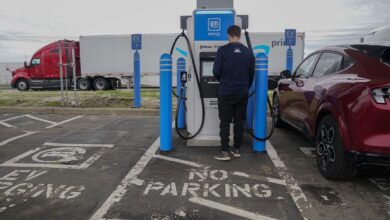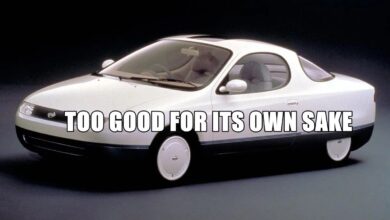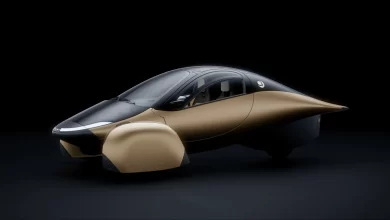Biden should ban China’s electric cars, Sen. Sherrod Brown says

A United States senator has entered the growing debate over China’s surging electric vehicle exports, warning that they are an “existential threat to the American auto industry.”
Sherrod Brown, an Ohio Democrat, called Thursday for a “total ban on Chinese electric vehicles,” warning that the U.S. cannot allow China’s“government-backed cheating.” It’s the strongest comment made by a sitting U.S. senator against China’s EVs. Other lawmakers have proposed steep tariffs or other measures.
“Time and again, we have seen the Chinese government dump highly-subsidized goods into markets for the purpose of undermining domestic manufacturing,” Brown wrote in a letter urging President Joe Biden to take action. He added that China is playing “identifying critical emerging sectors, treating them as mechanisms for large-scale domestic employment, and then subsidizing them to the detriment of foreign competitors.”
Brown is facing a fierce reelection fight in a state won twice by Donald Trump. His comments came just days after Treasury Secretary Janet Yellen visited Beijing to meet with Chinese government officials and discuss trade policies. Yellen on Monday said she “wouldn’t rule out anything at this point” to weaken China’s “flood” of subsidized exports if the government didn’t change its approach to industry incentives.
Western officials have become increasingly concerned about China’s surging exports of clean energy products, including solar power, electric vehicles, and lithium-ion batteries. The U.S. has barred EV battery materials from China, which has been designated as a “foreign entity of concern.” And the European Union has launched an investigation into China’s subsidies for local EV makers, as the Chinese government has spent billions of dollars to give local brands a leg up on the competition.
Chinese car exports have surged as its manufacturers have aggressively expanded overseas. Japan — the world’s top exporter of cars since 2017 — lost that title to China in 2023. About 60% of global EV sales come from China’s car industry, according to the International Energy Agency.
“China is now simply too large for the rest of the world to absorb this enormous capacity,” Yellen told reporters Monday. “Actions taken by the [People’s Republic of China] today can shift world prices. And when the global market is flooded by artificially cheap Chinese products, the viability of American and other foreign firms is put into question.”
Brown on Thursday also warned that China’s EVs pose a national security risk, referencing the Department of Commerce’s recently-announced investigation into Chinese-made “connected vehicles,” or smart cars. Electric cars collect massive amounts of information about their drivers and surroundings through specialized sensors and software.
The Ohio senator added that American autoworkers — many of which are represented by the United Auto Workers union — could be harmed if China’s EVs penetrate the U.S. market. Brown has been a major supporter of the union’s efforts to organize auto plants across the U.S. and of unionizing workers at General Motors’ Ultium Cells battery plant in Lordstown, Ohio.
Chinese officials have repeatedly dismissed the American and European concerns about over-capacity and subsidy practices. During a meeting with Yellen earlier this week, Chinese Premier Li Qiang asked the U.S. to not “politicize” economic and trade issues and instead “look at the capacity issue objectively.”
The Airlines for America trade group and three airline workers unions on Thursday asked Biden to stop approving additional flights between the U.S. and China because of “anti-competitive” practices Beijing puts on U.S. operators.



